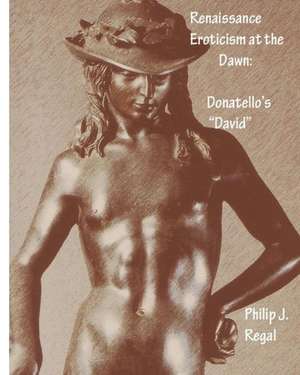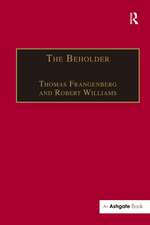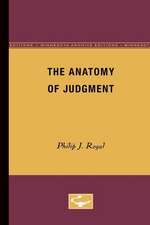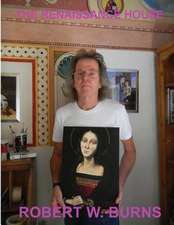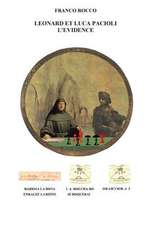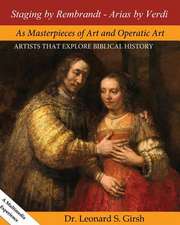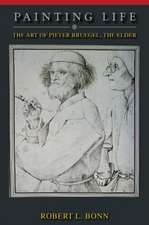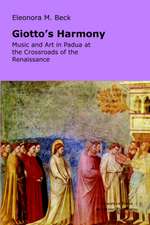Renaissance Eroticism at the Dawn
Autor Philip J. Regalen Limba Engleză Paperback
Preț: 117.04 lei
Nou
Puncte Express: 176
Preț estimativ în valută:
22.40€ • 24.32$ • 18.81£
22.40€ • 24.32$ • 18.81£
Carte disponibilă
Livrare economică 01-15 aprilie
Preluare comenzi: 021 569.72.76
Specificații
ISBN-13: 9781517542146
ISBN-10: 1517542146
Pagini: 84
Dimensiuni: 203 x 254 x 6 mm
Greutate: 0.25 kg
Editura: CreateSpace Independent Publishing Platform
ISBN-10: 1517542146
Pagini: 84
Dimensiuni: 203 x 254 x 6 mm
Greutate: 0.25 kg
Editura: CreateSpace Independent Publishing Platform
